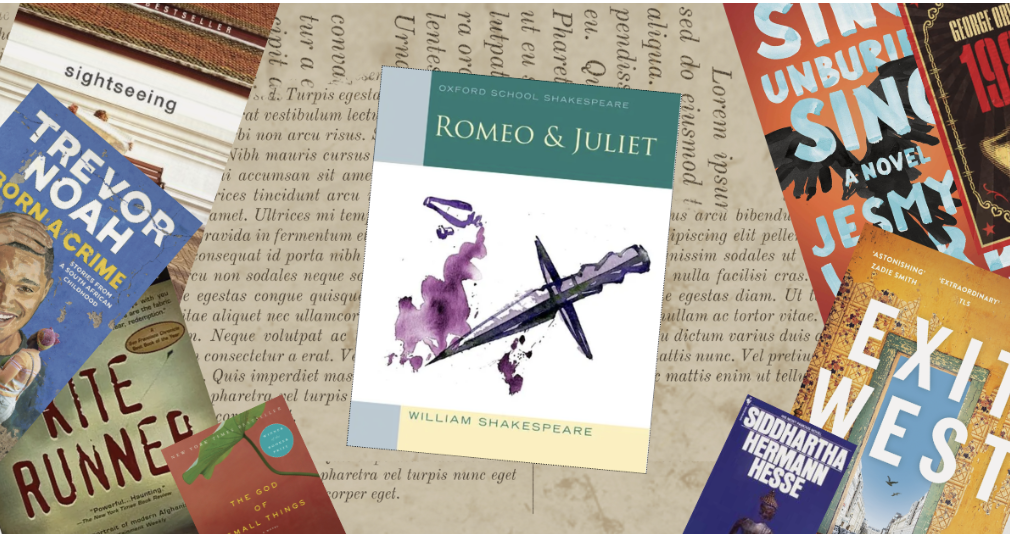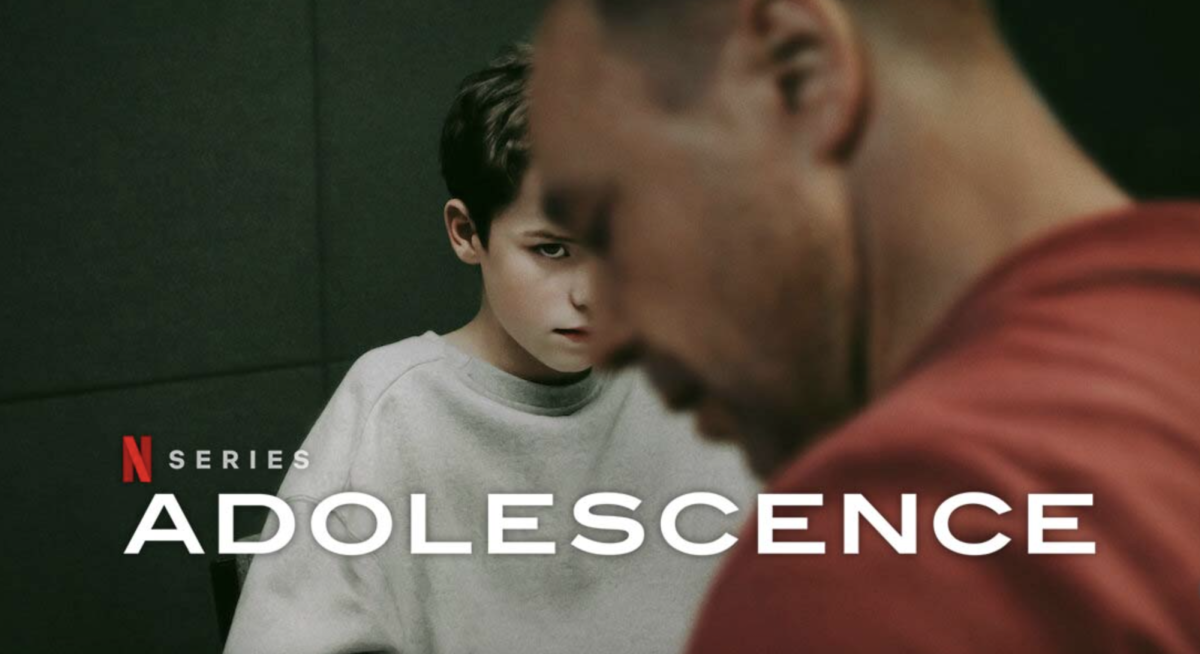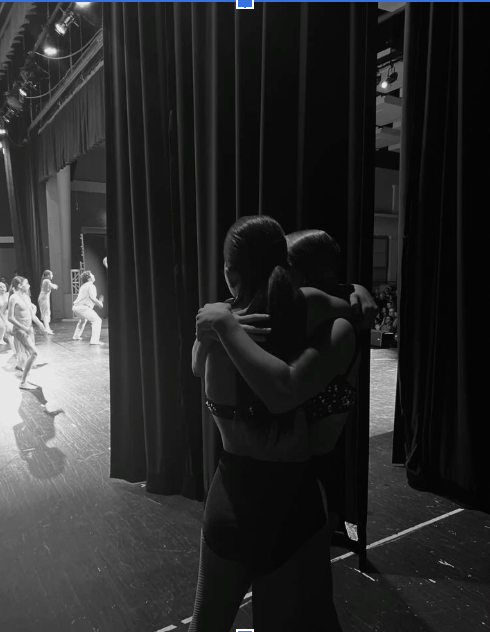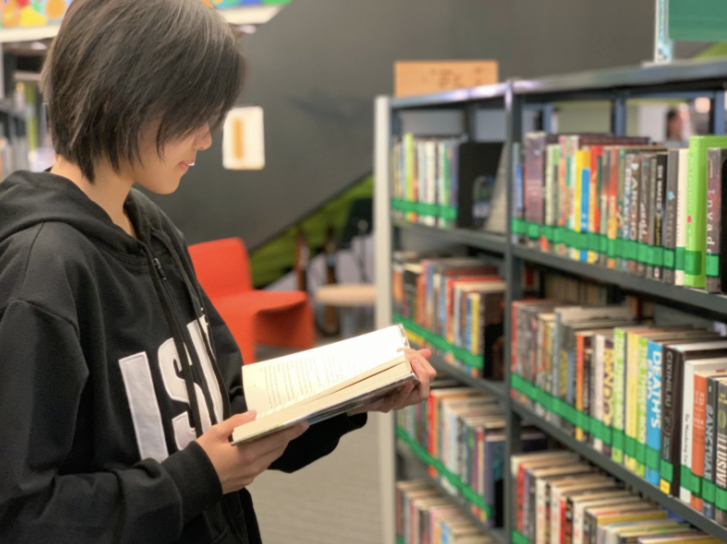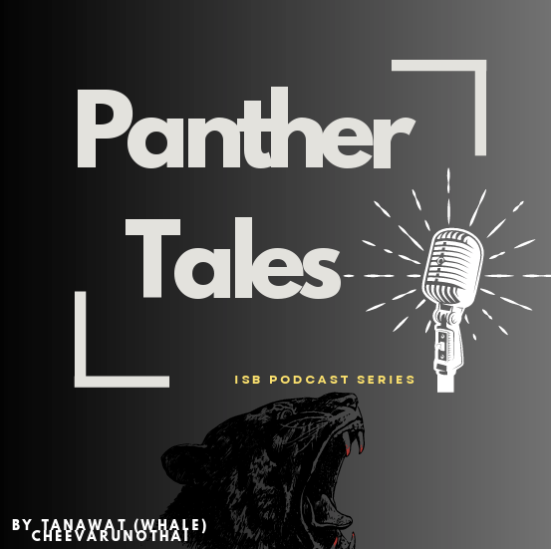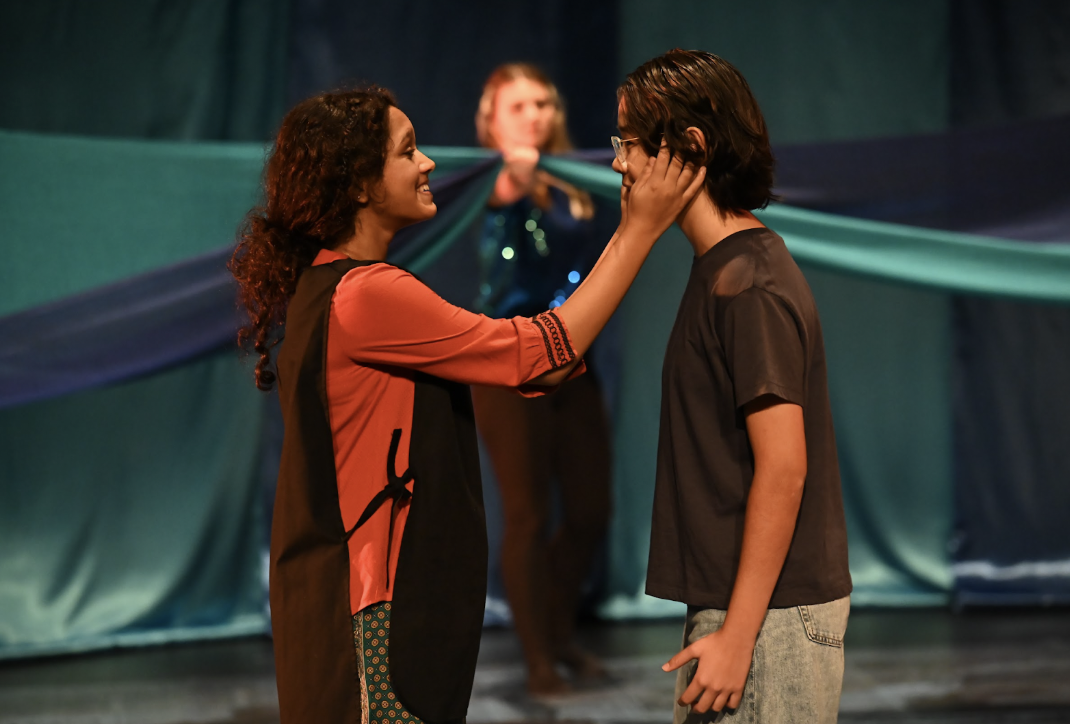Picture this: A teenage girl is draped against the cover of night atop a balcony, while her lover, a supposed enemy, yearns for her from below.
As you probably recognize, this scene is from Shakespeare’s Romeo and Juliet. Star-crossed lovers whose ill-fated love dooms them both, Romeo and Juliet have become household names in popular culture. Despite the play first being performed in the 1590s, its story has been adapted into every form of media imaginable, with its prevalence even reaching the classroom.
According to Whittier College, 93% of high school freshman classes in the U.S study Romeo and Juliet as a part of their English curriculum. The play has undeniably cemented its place in the culture, becoming a cornerstone of English education. And so, that begs the question: What about ISB?
Not long ago at ISB, English teachers taught Shakespeare for all four years, ranging from plays like Othello to Hamlet. But that changed two years ago. During the 2022-2023 school year, ninth graders studied Romeo and Juliet, while tenth graders would learn Macbeth. Following that year, though, Romeo and Juliet was removed from the curriculum, instead being replaced with a unit focused on podcasts.
Now, with Romeo and Juliet out of the picture, what implications does that have for ISB’s English curriculum?
Act I: Exposition
ISB, like many other schools, follows a core curriculum. There are certain skills that the English department is required to teach at every grade level. However, what teachers can control are the texts students study in order to learn those skills.
According to Caroline Hazel, head of the English department, many aspects of the curriculum are based on where we are in the world and who ISB’s students are. As an example, she mentions that freshman students study Sightseeing by Rattawut Lapcharoensap, a collection of short stories set in modern-day Thailand. “If I were teaching back in the UK, I may not necessarily make that choice,” she says. “But we made that choice together as a department, because it … really speaks to the lived experience of so many of our students.”
Act II: Conflict
With this in mind, the English department felt a change needed to be made to the curriculum. “We looked across grade nine and grade 10, and we realized we simply had too much,” Ms. Hazel says. “We were being split in too many different directions, and… [it wasn’t] necessarily in the best interests of our students.”
As a result, the department ended up restructuring the entire freshman and sophomore English curriculum. In the end, poetry, which would have been taught at both grade levels, would now only be taught in the ninth grade while Shakespeare would only be taught through Macbeth in the tenth grade.
“It wasn’t a Romeo and Juliet-specific thing,” Ms. Hazel says. However, when the teachers looked at what the texts would represent, a majority of them felt teaching Macbeth was the stronger option. “The lessons that you learn from Macbeth are exceedingly relevant,” she says. “All these ideas about ambition and the question of how far would you go for power is incredibly important to all of us, particularly in the current global political environment.”
In comparison, they found the themes of Romeo and Juliet to be more rigid. “The messages of Romeo and Juliet are much more along the lines of, don’t be a teenager, don’t have sex, don’t fall in love, don’t take drugs, or die. Less of a global message,” Ms. Hazel says.
Act III: Climax
A pattern English teacher Conor Duffy has noticed in the past 10 years is the student shift towards taking IB English Language and Literature instead of IB English Literature. Following the required core English classes in grades nine and 10, students are free to choose the type of English class they take in grades 11 and 12. Many students will choose to enroll in the IB Diploma, which leaves them with the option of either taking English Language and Literature or English Literature.
“IB Lit focuses on Shakespeare, poetry, those kind of things,” Mr. Duffy explains. “IB Lang. Lit looks at texts and looks at newspaper articles, infographics, speeches — a whole range of things beyond literature. [Because of that], we’ve kind of moved away from doing a whole bunch of literature units to try to bring in other units that are more Lang. Lit oriented.”
That shift away from literature classes is especially true as students enter college.
According to the National Center for Education Statistics, in the United States, the most popular bachelor’s degree majors during the academic 2021-2022 school year tended to be either Business (19%) or Health Professions and related programs (13%).
This is even more accurate for international students, like the ones at ISB, planning to study in the U.S. Statista reports that in the academic 2022-2023 school year, international students in the U.S were more likely to study fields such as Math and Computer Science, Engineering, or Business and Management.
Since students tend to gravitate away from literature-dominated classes, it’s easy to see why Romeo and Juliet would be swapped for a unit on podcasts. By implementing more media units in the core English classes, it better prepares students for what they want to study.
Mr. Duffy also acknowledges other factors that coincide with this student shift. “I also get … students not having the attention span to spend six weeks with Shakespeare,” he says. “There seems to be a trend towards moving to shorter, more digestible, quicker works. [With] advertisements and speeches, you get to the heart of [them] very quickly. Whereas Romeo and Juliet and Macbeth are a bit of a slower burn.”
Act IV: Falling Action
While the omission of Romeo and Juliet, a text deeply ingrained in English literature, might seem sacrilegious considering its prevalence, Ms. Hazel shares why she thinks otherwise. “When I first arrived at ISB five years ago … we were having a zoom department meeting, and we were talking about text choices, and I just remember pointing out that we don’t teach a single literary work in grade nine or grade 10 that’s not written by a dead white man,” she says.
She continues by explaining that while Shakespeare is a great writer to study, it’s important to make room for other authors as well: “In terms of English curricula, it is populated primarily by old dead white guys. And if you want to study an old, dead white guy, you definitely want it to be Shakespeare. But again, when we were making text choices, we wanted … the diversity of human experience … in grade nine and 10 [to] extend far beyond the ‘traditional’ [authors].”
As an example of this, the poetry freshmen learn is all written by women. The Kite Runner by Khaled Hosseini and Exit West by Mohsin Hamid are both novels by Middle Eastern authors studied in sophomore year. These texts, in addition to Macbeth, allow students to learn about “a wider range of experiences,” as Ms. Hazel puts it.
Nevertheless, teachers like Mr. Duffy still believe that Romeo and Juliet have a place in the English classroom. “I think some things that have staying power, that have stood the test of time, have done so for a reason,” he says. “Classics are classics for a reason. They speak to something very basic in the universal human experience.”
Mr. Duffy adds, “That’s not to say new things are not great, but I don’t think we should throw out the old things just because they’re old.”
Act V: Denouement
Romeo and Juliet’s removal from the curriculum highlights a broader shift in both students and English education. As society’s values ebb and flow, so too does our education system. More than ever, the relevance of media, in the form of podcasts, advertisements, and social media apps, is all-encompassing.
There’s a need to learn and think critically about what we consume, which is part of the reason the new units in ninth grade were introduced.
At the same time, however, literature still proves to be important. Stories are what make us human. They allow us to connect, wonder, and most significantly, feel. So while Romeo and Juliet is no longer taught at ISB, that doesn’t mean literature is less meaningful.
Students still learn about the human experience through other texts and other authors. And just because Romeo and Juliet is out right now doesn’t mean it’ll never return.
“Every text that we don’t teach is something that we regret not being able to teach,” says Ms. Hazel. “English teachers are always exploring new opportunities. We never want to be locked into a mindset of ‘this is what an English curriculum should look like.’ We like the adventure. We like the exploration of new ideas.”

